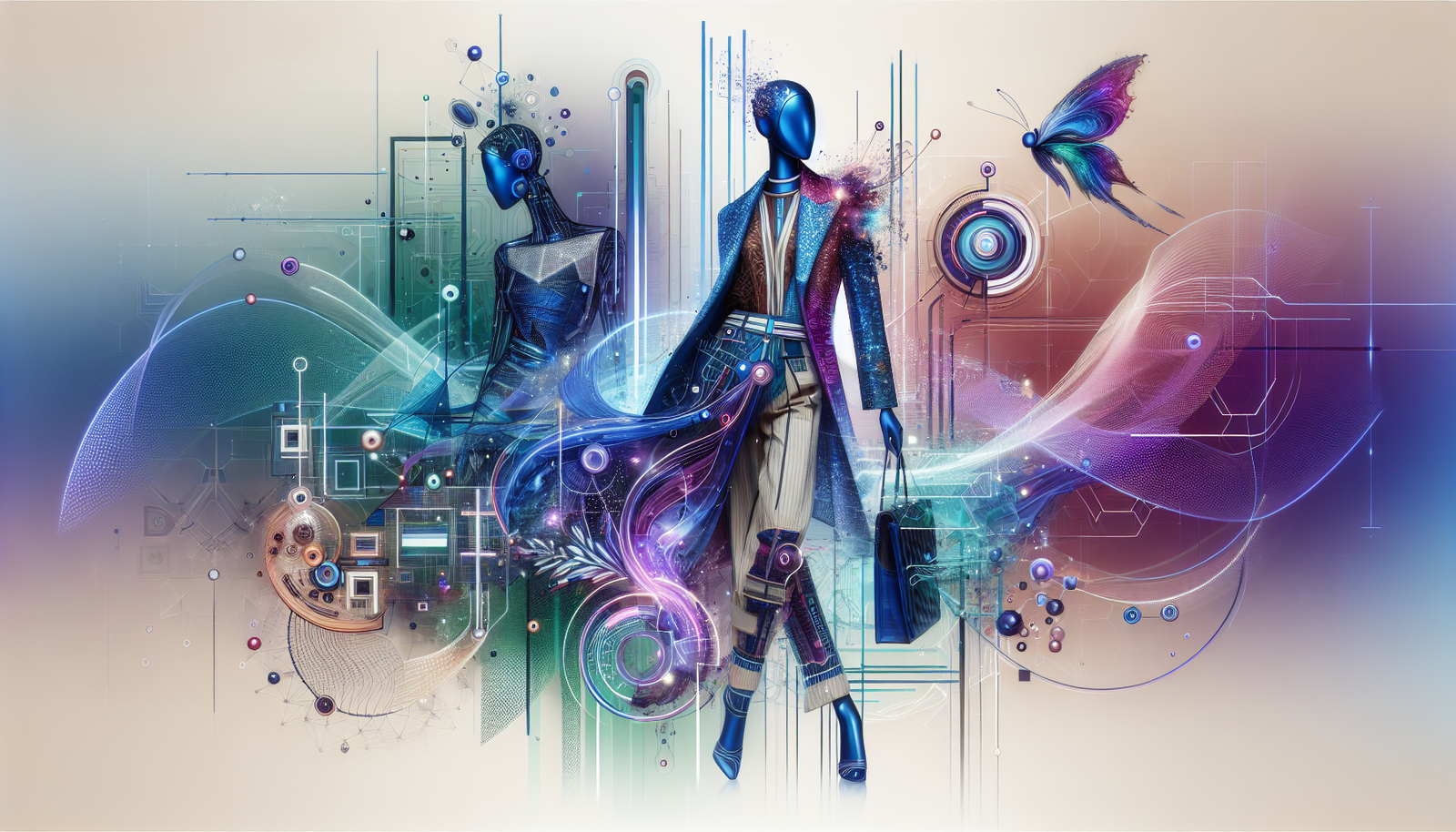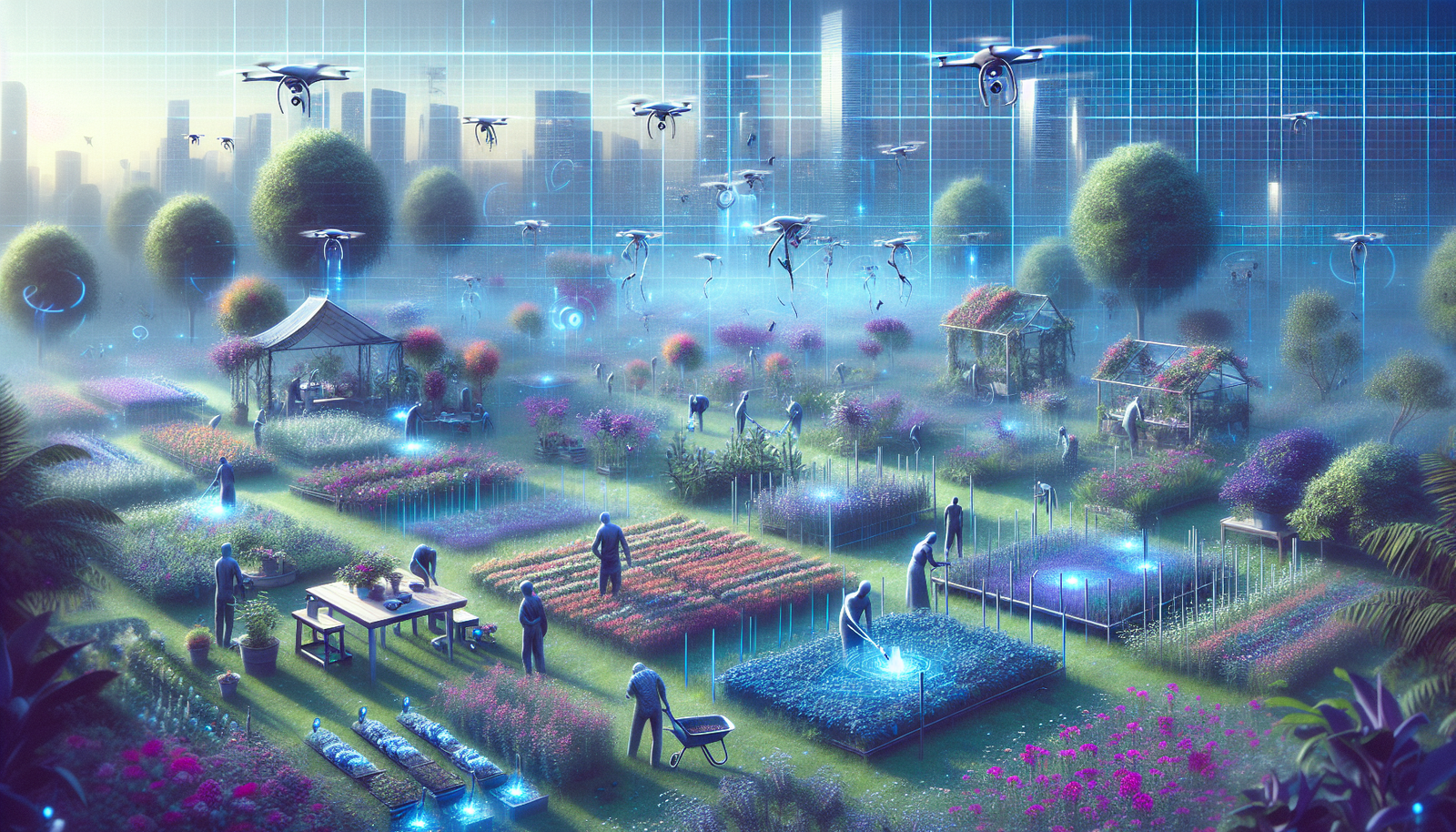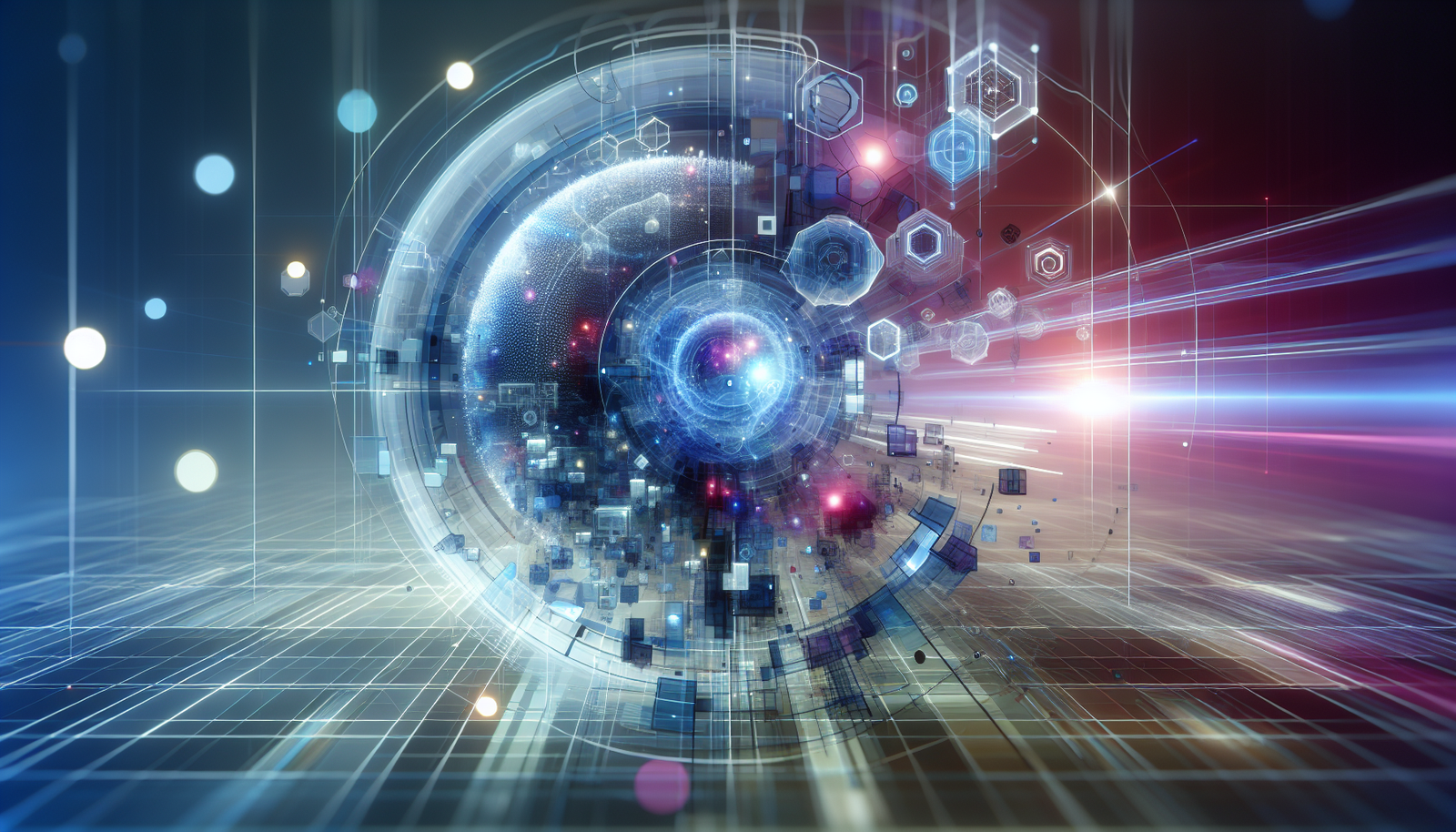New employees are immersed in a rapidly changing environment, marked by the explosive rise of artificial intelligence. Facing unprecedented challenges, these young professionals see their skills questioned. Their traditional tasks, such as reporting and data analysis, are now partly automated by AI, exposing gaps in their knowledge acquisition. Companies, eager to optimize their efficiency, impose greater demands on mastering modern digital tools. _These developments redefine the career path_ and shake up how learning and adapting occurs within organizations. An atmosphere of uncertainty weighs on the rising generation, which must skillfully navigate between human expertise and omnipresent technologies.
Impact of Artificial Intelligence on Professional Learning
The increasing use of artificial intelligence in businesses is transforming the professional landscape, especially for newcomers. These young graduates, often exposed to cutting-edge technologies, must still adapt to a reality where certain traditional skills become obsolete. Basic tasks such as meeting minutes or data analysis are now performed by algorithms, thus limiting learning opportunities in these essential functions.
The New Demands of Employers
The speech by Tobi Lütke, founder of Shopify, illustrates a clear trend. By encouraging his teams to demonstrate that tasks performed cannot be done by AI, he imposes an imperative to identify human skills that machines cannot replace. This demand increases the pressure on human resource managers to recruit talents capable of integrating technology rather than being replaced by it.
The Fear and Anxiety at Work
The fears expressed by students regarding the gradual eradication of certain professions are palpable. François-Xavier de Vaujany, an expert in work organization, notes this fear phenomenon that could hinder the motivation and engagement of young professionals. They find themselves in contexts where distrust towards technology may compromise their growth and career path.
The Transformations in Tasks
The tasks assigned to young people in sectors like consulting are undergoing mutation. Over the years, tasks traditionally assigned to juniors are becoming partly the domain of artificial intelligence. Teams must therefore redefine their roles and acquire more strategic skills. This reorientation has a direct impact on their career development.
Different Future Perspectives
Beyond the current transformations, young graduates must anticipate a future where AI will continue to advance. The professional world will evolve, and the skills sought will differ radically from those that have prevailed until now. Juniors might find their experience uncertain and their roles changing rapidly, forcing them to adapt throughout their careers.
Need for Innovation in Training
The way organizations train their employees will also need to evolve. By integrating modules focused on AI, companies could better prepare new hires for this technological reality. Training must align with the latest trends to ensure competitiveness in the job market. Furthermore, maintaining ethics in the use of AI tools is essential for ensuring responsible innovation.
Examples of AI Integration in Companies
Practical examples are emerging in various companies. For instance, at Doge, a student uses AI to review the operating rules, demonstrating the growing importance of mastering these tools to excel in the current environment. Conflicts of interest among tech giants like the battles between Google and Microsoft also show that the futurization of AI has implications that extend beyond simply professional tasks.
The challenges faced by young people in their early professional lives highlight one of the major transitions of our time, that of balancing human and technology. The ability to adapt to this new era will be decisive. To explore further the issues and challenges related to artificial intelligence, you can consult relevant articles on the challenges, such as OpenAI and the future of AI or discover how Meta addresses AI security.
Questions and answers on the challenges faced by new employees in the workplace due to AI
What are the main challenges faced by newcomers in the workplace due to AI?
Newcomers may face challenges such as the need to quickly adapt to digital tools, understanding how AI operates in their work field, and the fear of seeing some of their tasks automated, which can affect their professional development.
How does AI influence employers’ expectations of new employees?
Employers increasingly expect new employees to be comfortable with AI technologies. This means they should possess advanced digital skills and be able to learn quickly to use these tools to optimize their work.
What roles should new employees learn to play in an AI-powered work environment?
New employees should learn to collaborate with AI, use its analytical capabilities to enrich their decision-making process, and focus on more creative and strategic tasks, leaving repetitive tasks to automation.
How can new employees overcome resistance to change related to AI?
It is important for new employees to engage in continuous training, communicate with their colleagues about AI tools, and demonstrate the benefits of this technology to gain the buy-in of their peers and alleviate fears associated with its use.
What advice can be given to newcomers about developing their skills in light of the rise of AI?
New employees should invest in specialized training, seek certifications in AI, and surround themselves with mentors who understand these technologies to stay up to date and enhance their employability as they integrate into the company.
How can AI affect group dynamics among new employees?
The presence of AI can change interactions at work, prompting interdisciplinary collaborations and a more fluid distribution of roles. However, adjustments will be needed to balance the use of technology with human relationships within teams.
Do companies offer programs to help new employees adapt to AI?
Increasingly, companies are implementing training and awareness programs on AI to support new hires, allowing them to become familiar with the tools while boosting their confidence and adaptability.






